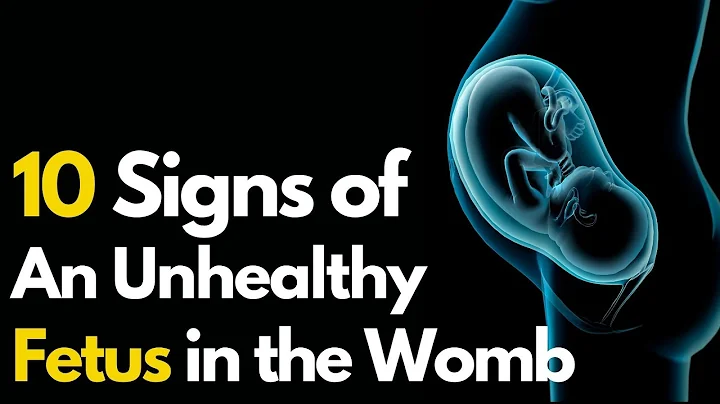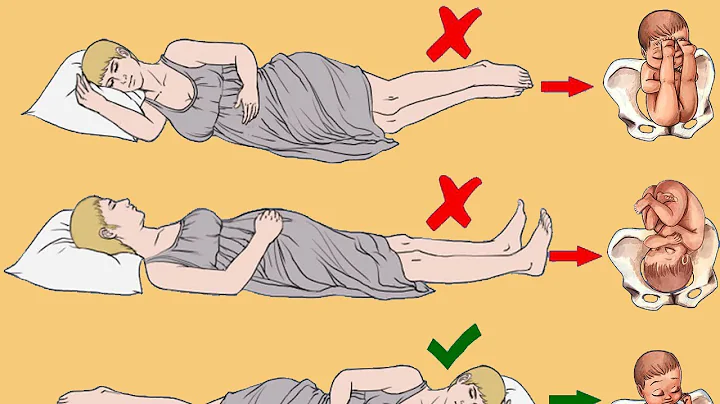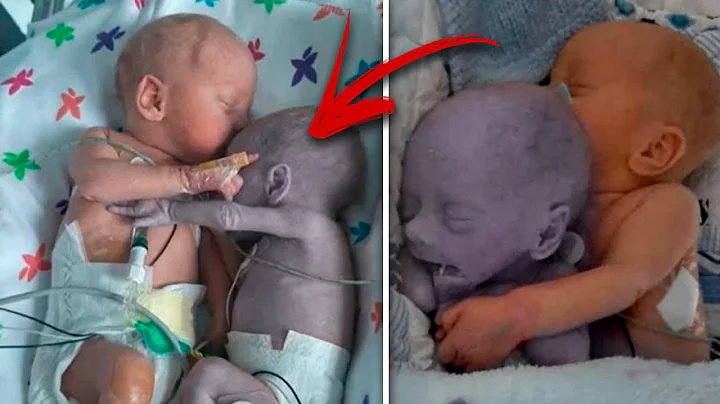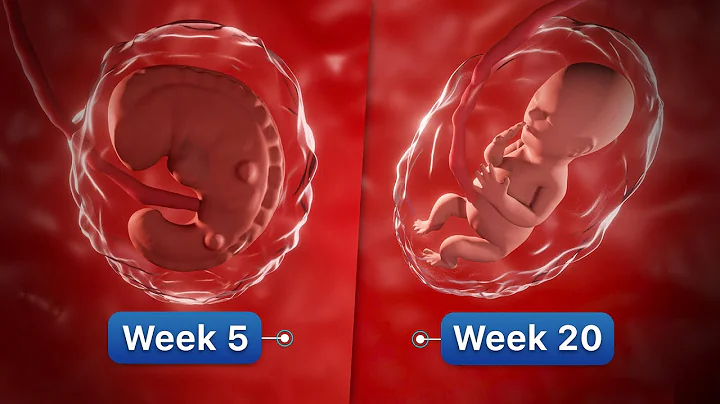
In life, some women unfortunately encounter the death of their husbands after becoming pregnant. Facing an unborn baby, most of them are worried about whether they have the ability to raise the child alone, and they are not sure whether the unborn baby has the right to inherit the husband's inheritance. So, will our country's laws protect the inheritance rights of "posthumous children"? Let’s combine the cases and see what Civil Code says.
Case: Dahai and Lily are a loving couple with a house, a car and savings. On January 1, 2022, Dahai was driving home from other places. He wanted to celebrate his wedding anniversary with Lily, who was newly pregnant, but unfortunately he died in a car accident on the way. After dealing with Dahai's funeral, Dahai's parents proposed to Lily to divide Dahai's inheritance, but the two parties could not reach an agreement - Dahai's parents believed that Dahai's inheritance should be divided into three parts, to be inherited by Dahai's parents and Lily; She believes that although Dahai has passed away, the baby in her belly is the fruit of her and Dahai's love, and she will give birth to it. There will be a lot of expenses after the child is born, and Dahai's inheritance should also be left to the baby and supervised by Lily. Dahai's parents were worried that if the child was not born smoothly, the reserved share would be monopolized by Lily; if Lily remarried, the property would be enjoyed by outsiders, so they disagreed with Lily's idea.
Article 16 of the Civil Code: When it comes to the protection of the interests of the fetus such as inheritance, acceptance of donations, etc., the fetus is deemed to have the capacity for civil rights. However, if the fetus is dead when it is delivered, its capacity for civil rights does not exist from the beginning.
Civil Code Article 1155: When the inheritance is divided, the unborn child’s inheritance share shall be retained. The fetus is dead when it is delivered, and the retained share is managed in accordance with the legal code and continues to be managed in .
Prosecutor’s analysis: A “posthumous child” refers to a child born to a pregnant woman after her husband’s death. Whether a “posthumous child” has the right to inherit the inheritance depends on whether he or she is qualified to inherit. The qualification of heir, that is, the ability to inherit, belongs to the category of civil rights and ability. The civil rights capacity of a natural person begins at birth and ends at death. A fetus that has been conceived when inheritance begins is not qualified as an heir because it is not yet born. However, it is an obvious trend for the fetus to become a natural person after a few months. In order to protect the legitimate interests of the fetus and ensure that the fetus can live a normal life after birth, the Civil Code has made special protective provisions on the heir qualifications of the fetus. That is, if it involves the protection of the interests of the fetus such as inheritance, acceptance of donations, etc., the fetus is deemed to have the capacity for civil rights. This article stipulates that the fetus is a natural person who has been born and enjoys corresponding inheritance rights. When the inheritance is divided, the fetus' inheritance share should be retained; however, if the fetus is dead when it is delivered, its civil rights capacity will not be retained from the beginning. If it does not exist, it does not have the qualifications to be an heir. When the subject status of the fetus does not exist at all, and the share reserved for it cannot achieve a specific purpose, it can only be returned to legal inheritance and handled in accordance with legal inheritance.
Tips for prosecutors
The provisions of the Civil Code on the protection of the interests of the fetus are in line with the requirements of humanitarianism and human ethics. The fetus has not yet been born and cannot become a civil subject , but a share of the inheritance should still be reserved for it. If the fetus is delivered dead, the law also has countermeasures, so the parents of the deceased do not have to worry about their property falling into the hands of outsiders.
(Source: Procuratorate Daily Zhang Dailei Author's unit: People's Procuratorate of Yiwu City, Zhejiang Province)





















